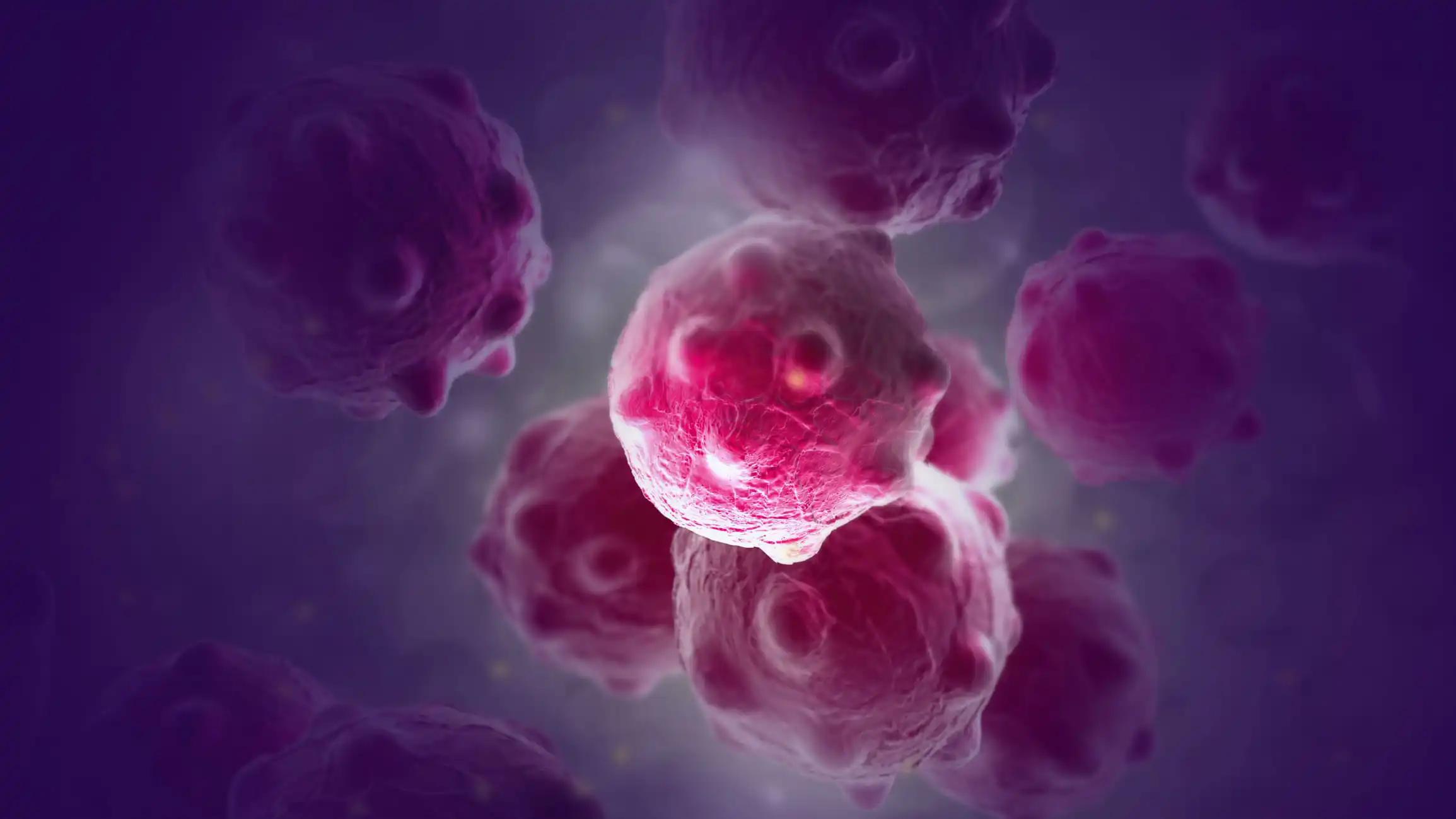KEY TAKEAWAYS
- The LIBERATE trial is an ongoing, prospective, multi-center, self-controlled study evaluating the safety and technical efficacy of LIFU for BBBD to increase cfDNA in blood for GBM.
- For liquid biopsy in GBM, LIFE’s primary endpoint is the ability to increase cfDNA levels in the blood, and the secondary endpoint is to identify GBM biomarkers using LIFU-enhanced liquid biopsy.
- Patients with suspected GBM planned for tumor biopsy or resection are being included in the trial.
Current challenges in liquid biopsy for glioblastoma (GBM) stem from the blood-brain barrier (BBB) restricting the release of circulating-free DNA (cfDNA) into the bloodstream. The lack of blood-based biomarkers hinders the development of novel biomarker-driven therapies. To address this issue, real-time image-guided low-intensity focused ultrasound (LIFU) combined with intravenous microbubble oscillators (DEFINITY) offers a non-invasive approach to disrupt BBB (BBBD), potentially enhancing liquid biopsy for GBM.LIFU can potentially increase cfDNA levels in the blood, enabling improved liquid biopsy for GBM patients.
In this prospective (LIBERATE ), multi-center, self-controlled pivotal trial, the safety and technical efficacy of LIFU for BBBD to increase cfDNA in blood for GBM were evaluated. Patients aged 18-80 with suspected GBM were included, excluding those with multifocal tumors or tumors arising from the deep midline, thalamus, cerebellum, or brainstem. Patients were administered IV oscillating microbubbles to enhance sonication, after which MR-guided BBBD using a 220 kHz LIFU device was performed with real-time acoustic feedback for effective cavitation. Before and after the procedure, phlebotomies and MRI brains were performed to evaluate outcomes.
The primary endpoint was the ratio of cfDNA levels 1 hour post-LIFU to pre-procedure, with the hypothesis that LIFU-induced BBBD would result in a ≥2-fold increase in cfDNA.The secondary hypothesis aimed for ≥75% agreement between the biomarker patterns in cfDNA 1-hour post-LIFU and the later-obtained tumor tissue. The trial was powered to evaluate both primary and secondary hypotheses. With an assumed 91% actual agreement rate and a one-sided alpha of 0.025, a binomial proportions test yielded a sample of N=50, achieving 84% power for the secondary hypothesis. Exploratory endpoints included assessing the sensitivity of mutation detection in cfDNA before and after LIFU, measuring cfDNA levels after LIFU at 30 minutes, 1 hour, 2 hours, and 3 hours to identify the peak yield time, identifying correlations between MRI parameters of BBBD grading and biomarkers in post-LIFU cfDNA.
Seven patients have been enrolled in the LIBERATE trial (February 13, 2023) since it began in 2022. A trial is ongoing to determine if LIFU could improve liquid biopsy for patients with glioblastoma.
Source: https://ascopubs.org/doi/10.1200/JCO.2023.41.16_suppl.TPS2084
Clinical Trial: https://www.clinicaltrials.gov/study/NCT05383872
Manmeet Singh Ahluwalia, Michael W McDermott, Terry C Burns, John Frederick de Groot, John Y.K. Lee, Alon Mogilner, Theodore Schwartz, Bhavya Shah, Chetan Bettegowda, Ahmad Ozair, Atulya Aman Khosla, Arjun Sahgal, Mark V. Mishra, Achal Achrol, Nir Lipsman, Graeme Woodworth. DOI 10.1200/JCO.2023.41.16_suppl.TPS2084, J Clin Oncol 41, 2023 (suppl 16; abstr TPS2084)



